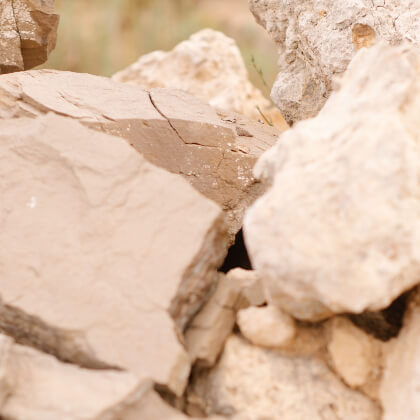
Wine enthusiasts across the globe often find themselves captivated by the complexities that go into crafting delectable wines— one significant factor being the soil in which the grapes are grown. The collective influence of soil type, climate, and geography on a particular wine’s taste and character forms an intriguing concept known as “terroir.” As wines find their essence in the earth, understanding the soil types favorable for winemaking can anchor your appreciation for this divine beverage.
Particularly in the picturesque landscapes of South Africa, unique soil constitution plays a crucial role in producing distinctive wines. The diverse and exciting terrain endorses an array of soil types that helps in the cultivation of expressive and varied wines. Let’s delve deeper into the world of viticulture and shed light on the intricacies of soil, seen through the lens of a winemaker.
The Soil’s role in Viticulture
Soil composition plays a crucial role in the process of wine production, having a direct impact on the health, robustness, and flavor of the grapes grown. The first facet of this importance lies in the nutrients provided by the soil. Essential nutrients like nitrogen and potassium are absorbed through the grapevine’s root system, influencing the vine’s growth and fruit quality.
Moreover, the physical characteristics of the soil, including its texture and structure, dictate how efficiently water is retained and drained. For high-quality wines, a balance needs to be struck. Well-drained soils that allow for deep root penetration maintain vine health and prevent excessive vigor, which could dilute the flavor in the grapes.
Lastly, each type of soil can impact the grape’s taste through the minerals it contains, contributing to the wine’s complexity and character, hence allowing wine enthusiasts to experience and appreciate the harmony between the wine and its place of origin.
Clay Soils
Heavy and moisture-retaining, clay soils are known to produce powerful wines with bold flavors. These soils warm up slowly yet retain heat well, which can be advantageous in cooler regions. Influenced by this soil type, the grapes develop deep flavors and dark color profiles. These characteristics make clay soil a popular choice for cultivating bold and full-bodied red wines.
However, clay soils call for careful vineyard management. They are less fertile and drain poorly. Therefore, it requires the keen attention of a dedicated winemaker to ensure the perfect harmony between the vine and its soil, preventing overly vigorous growth and underripe grapes.
Granite Soils
Remarkably well-drained and rich in quartz, granite soils have a significant influence on the character of wine grapes. This type of soil warms up quickly, promoting early ripening of the grapes and excellent acidity retention. It is particularly favorable for cultivating white wine varieties, like the Chenin Blanc or Chardonnay, delivering aromatic wines with vibrant acidity and fruit expression.
Sandy Soils
Free-draining and light, sandy soils are a boon for wine production in warmer climates. Unique to sandy soil is its resistant nature to phylloxera, a root-feeding aphid that devastated many vineyards worldwide in the 19th century. Hence, it plays an integral part in maintaining vineyard health, while producing wines with a softer and more delicate flavor profile.
In Summary
The importance of soil in winemaking is significant, as it directly influences the quality and character of the wines we enjoy. From the nutrient-rich clay, well-drained granite to light and free-draining sandy soils, each holds its unique value in the vineyard. To truly appreciate the role of terroir, take a moment during your next glass to consider the soil beneath the vines that produced your wine.
Allow us to guide you further on your wine tasting journey. Embrace the opportunity to explore our expertly crafted wines, each masterfully shaped by our unique terroir here at Atlas Swift. Immerse yourself in experiencing how soil types influence wine character and appreciate the layer of complexity they add to our wines. Happy tasting!
